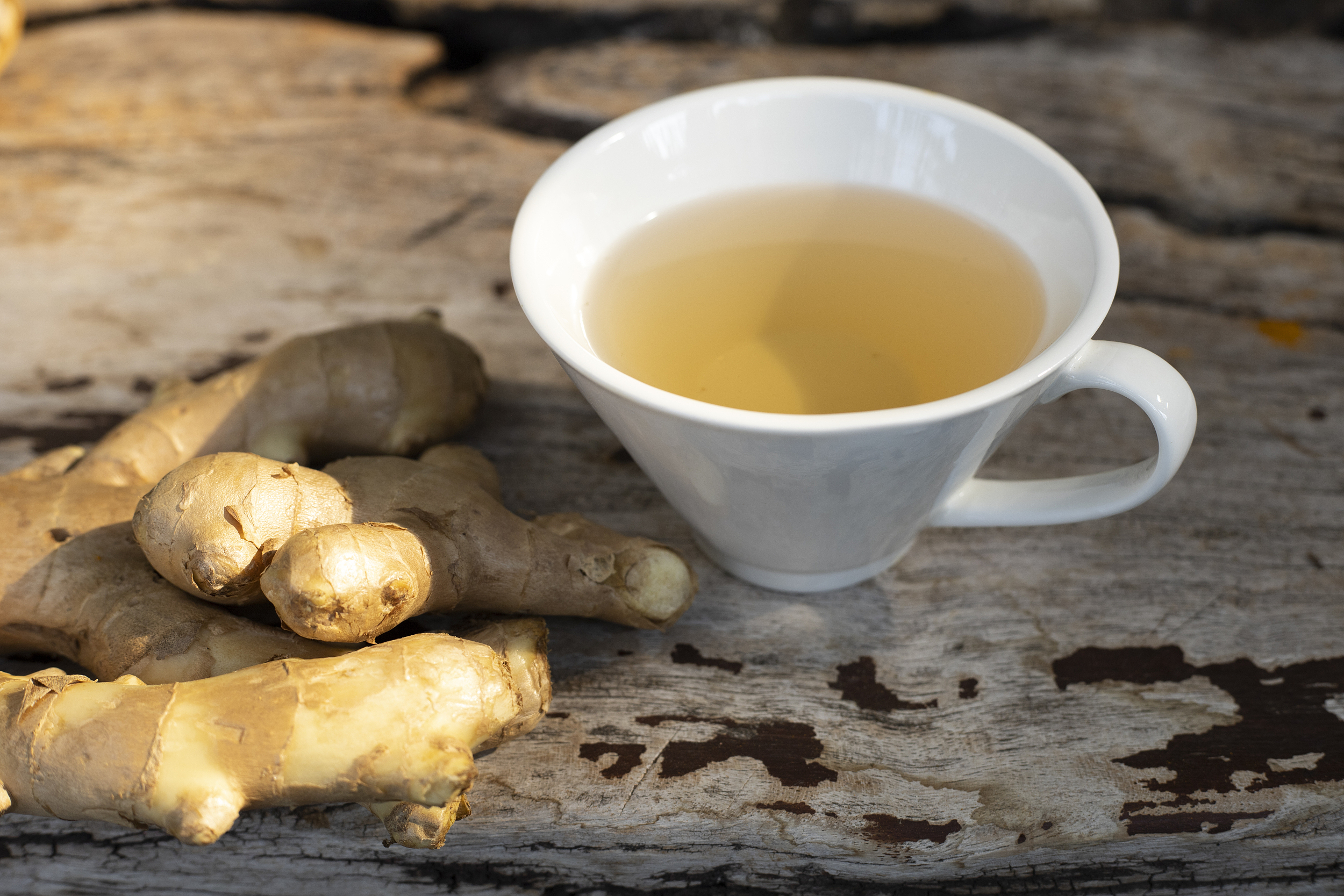Pros and Cons of Ginger in Summer

As the Chinese saying goes, "Radish in winter and ginger in summer keep the doctor away." This demonstrates the wisdom of traditional Chinese medicine (TCM) and emphasizes the important role of ginger for staying healthy during summer.
According to TCM, ginger has three primary benefits: it promotes sweating to relieve fever, warms the stomach to stop nausea, and detoxifies the body.
Summer means sweltering heat, frequent rain, and humidity, leading to external heat and internal cold in the human body. Since in summer people tend to excessively use air-conditioning, eat cold foods and drink cold beverages, coldness accumulates in the body. Ginger, with its pungent warmth, can dispel cold, strengthen the spleen and stomach, and eliminate dampness.
If you gets caught in the rain in summer, drink a bowl of hot ginger soup and it will lessen the chill. However, for patients catching a cold with the wind-heat syndrome, consuming ginger is like adding fuel to the fire. Ginger should not be used to treat influenza, as TCM believes that influenza requires the use of bitter and cold herbs to clear the heat and toxins, properties ginger lacks.
From a TCM perspective, taking ginger in the morning helps generate yang energy, aligning with natural rhythms. Conversely, yang energy wanes and yin energy prevails at night. Having ginger at night can disrupt the convergence of yang energy, hindering the body's natural balance.
The gingerol in ginger stimulates intestinal motility, enhancing spleen and stomach functions during the day. However, at night when the body is in a dormant state, such stimulation can disrupt sleep.







